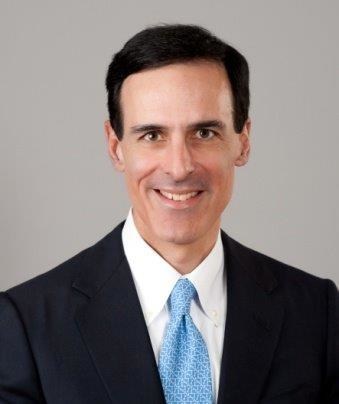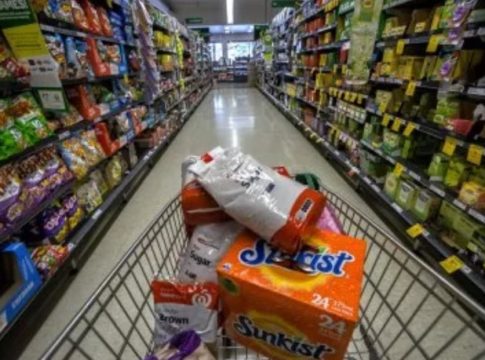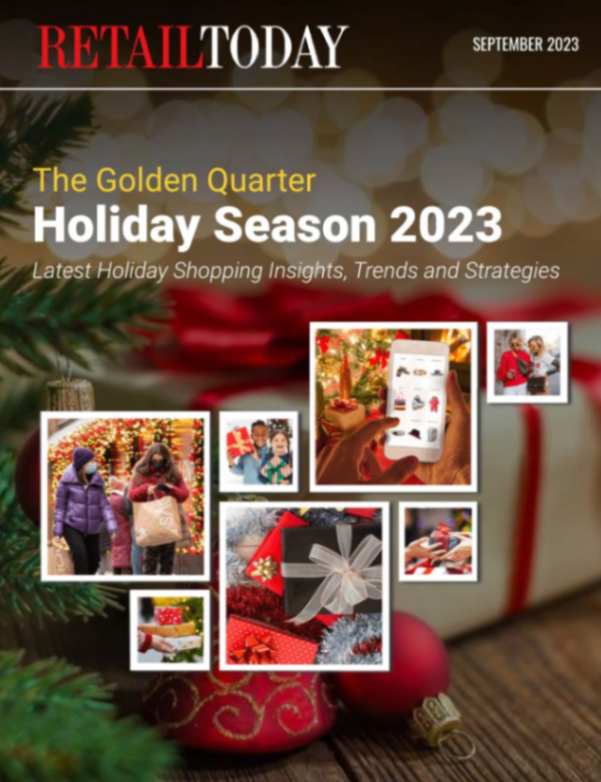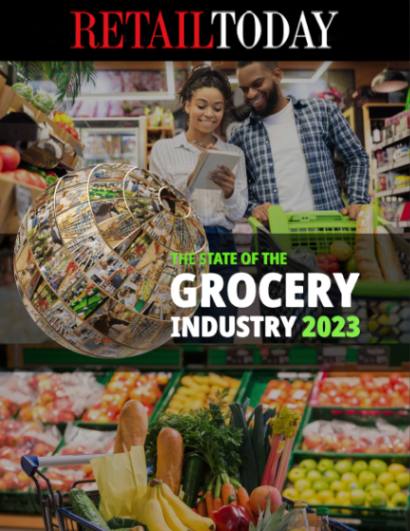The latest CPG Clarity Study, an ongoing series designed to analyze real-time and future consumer shopping and usage behaviors, shows a slow return to normalcy in the grocery and household essentials space. According to the study, developed by Cadent Consulting Group and Fetch Rewards, consumers are increasing their frequency of shopping trips and finding fewer empty shelves once at the store. Shoppers are expressing fears of an uncertain economic future, however, and report higher prices on the brands they prefer. This is the second installment of the CPG Clarity Study, which marries extensive consumer surveying with purchasing data gathered from millions of consumers across the U.S.
Consumers are expressing a better and more normal shopping experience since the first Study was researched and compiled just over a month ago. While behaviors are not at all near pre-COVID levels, shoppers are visiting stores more frequently and purchasing less per visit. In April, shoppers were averaging just over five shopping trips every two-week period with an average receipt of $60. Based on data from mid-June, shoppers averaged more than six shopping trips every two weeks and their per trip expenditure fell to $51.The trend is positive, but still a far cry from a year ago when trips over two weeks were in the double digits and basket size hovered around $42.
The number of survey respondents reporting an inability to find their preferred brands is down 10 percent in recent weeks. This has resulted in less “scavenger shopping” and fewer instances of shoppers buying “whatever option is available” in a particular category. At the same time, however, 60 percent of shoppers reported frustration with higher prices.

“The acute concerns of the early COVID days have eased, with consumers adapting and becoming less fearful of visiting the grocery store,” said Ken Harris, managing partner of Cadent Consulting Group. “Brands are getting products back on the shelves and in the hands of their loyal customers, which is also a positive. But, it is clear that brands and retailers alike should be thinking about consumer price concerns and looking for ways to provide value. The slow return to normalcy will take months, not weeks.”
The Study outlines how being home has positively impacted those surveyed, with most expressing positive feelings of spending more time with family. At the same time, respondents expressed anxiety surrounding their jobs and the overall economy. More than 20 percent of respondents had pessimistic views of their job status, 48 percent were pessimistic about the economy, and 30 percent said they planned to spend less than they did in past years.

“While it is good to see shoppers slowly return to pre-COVID habits, it’s clear that the pandemic continues to significantly impact consumer behavior,” said Wes Schroll, founder and CEO of Fetch Rewards. “With nearly two-thirds of shoppers expressing concern related to high prices, the industry must identify ways to deliver value and savings. This presents an opportunity for brands to build meaningful relationships with consumers as they navigate a new economic reality.”
More than 36 percent of respondents indicated that they plan to eat healthier than they did during the first phase of COVID-19. Especially buoyant is the refrigerated meat category with 54 percent of shoppers purchasing more protein, a likely result of people eating more meals at home. While the purchasing of salty snacks is still high, it has moderated in recent weeks. In March and April, this category was up roughly 15 percent. While the latest study shows consumers continue to purchase more salty snacks than they did pre-COVID, two-thirds are planning to return to their pre-COVID snacking behaviors. The shift away from salty snacks indicates that consumer intentions toward healthier eating are genuine.
In developing the Study, Cadent Consulting Group applied its advanced analytics capabilities with Fetch Rewards’ proprietary shopping receipt data. For each study, Cadent is surveying more than 1,000 shoppers of groceries and home essentials and analyzing 35 million receipts that are scanned on the Fetch app each month. The Study includes a Clarity Growth Model that provides an informed view of future projections. It points to an increase in sales of refrigerated meats and continued slow sales of OTC products that consumers likely over purchased during the initial panic phase. The Study indicates that salty snacks will continue to see increased sales velocity, but at a more tempered rate than some in the industry had anticipated.
Cadent and Fetch summarize that things are slowly returning to normal, with certain behaviors cementing themselves – refrigerated meat sales and, to a degree, salty snack sales. The Study recommends that brands continue to strive to meet the new family and home dynamics while focusing on must-have items to avoid a return to out-of-stocks. Understanding production realities and related costs, the Study encourages brands to evaluate pricing since economic conditions may impact consumers’ ability to purchase their preferred brand.





